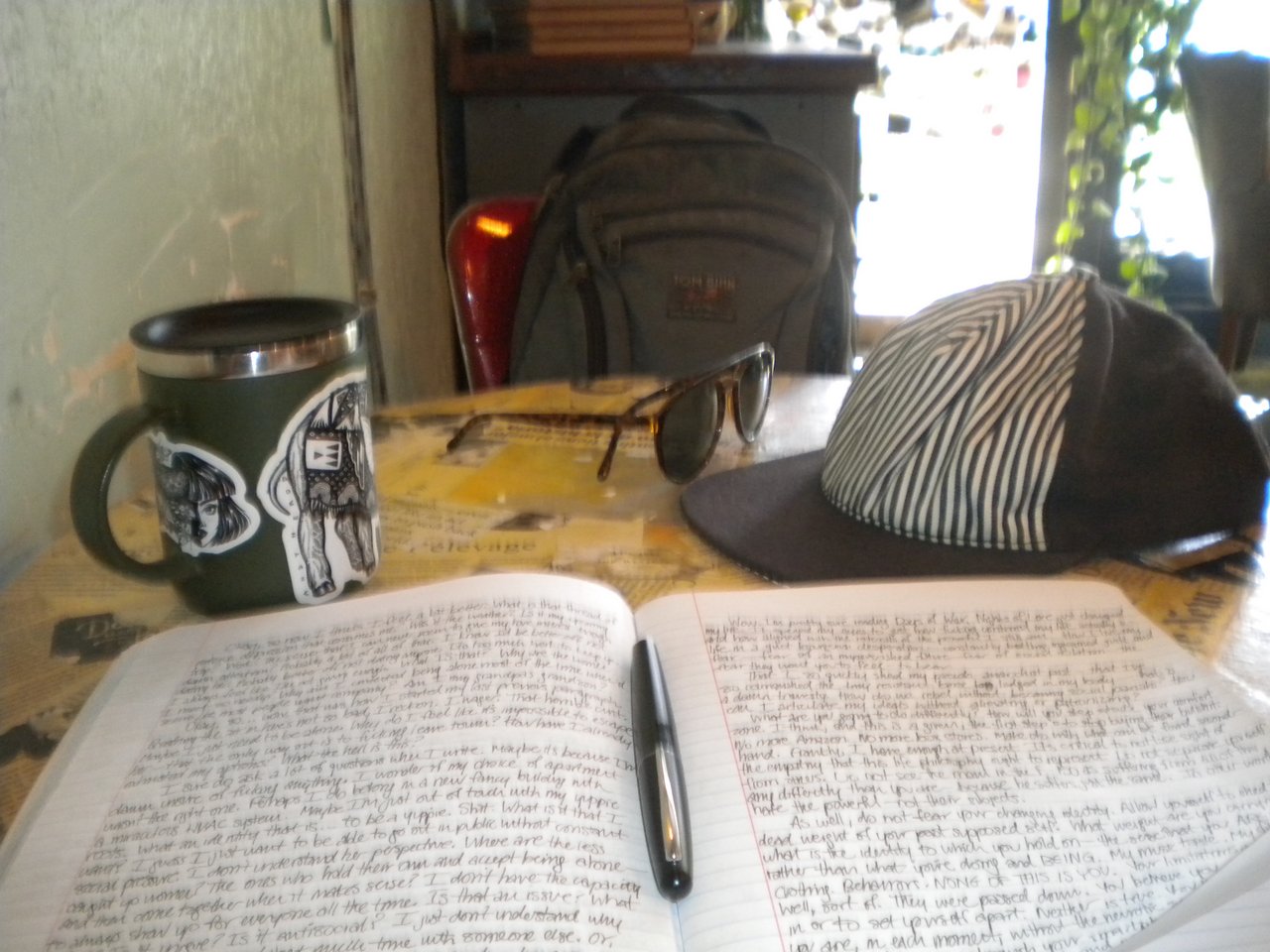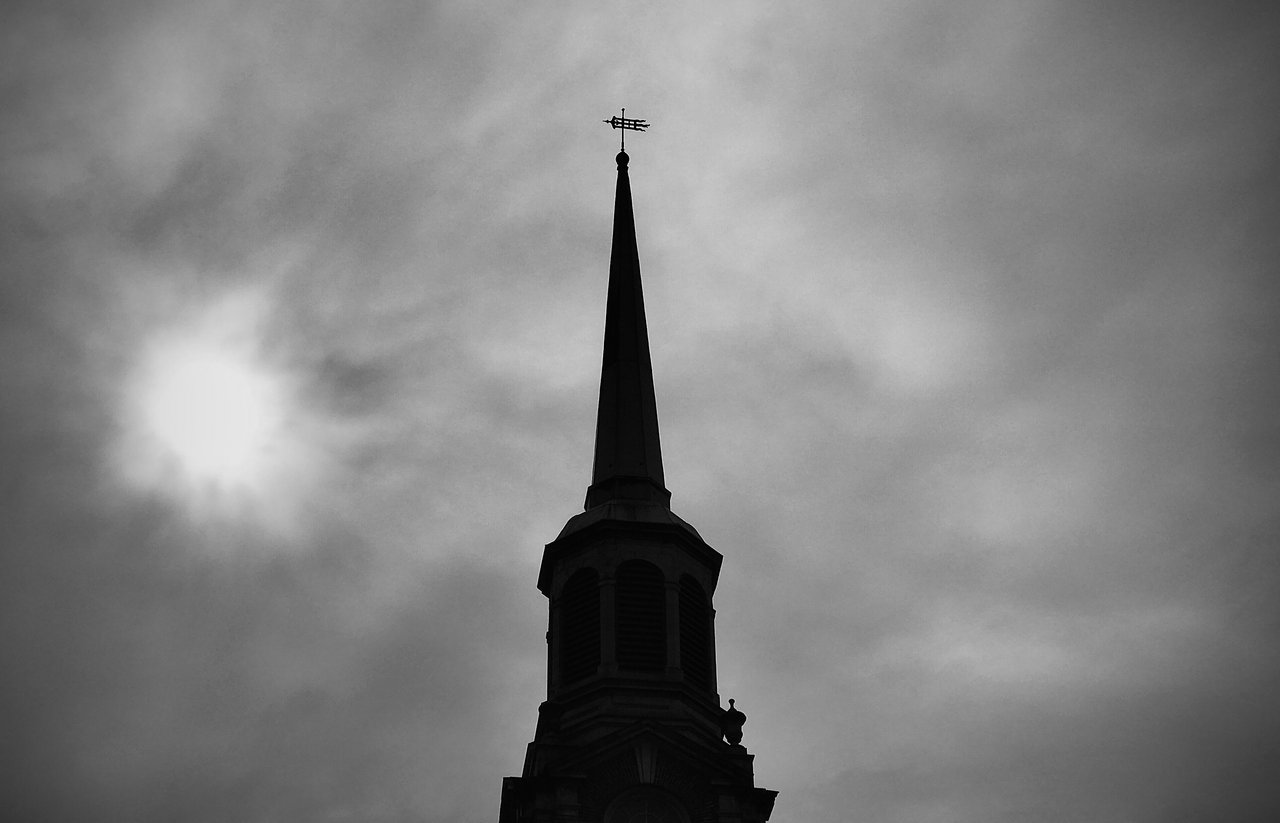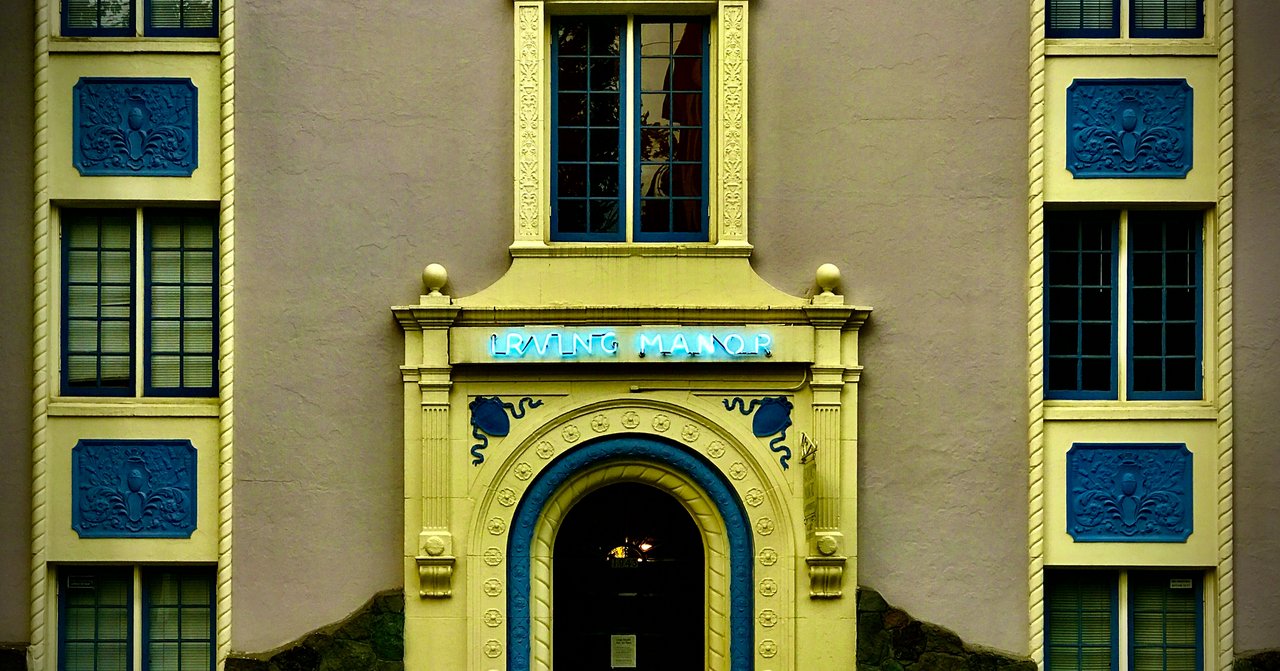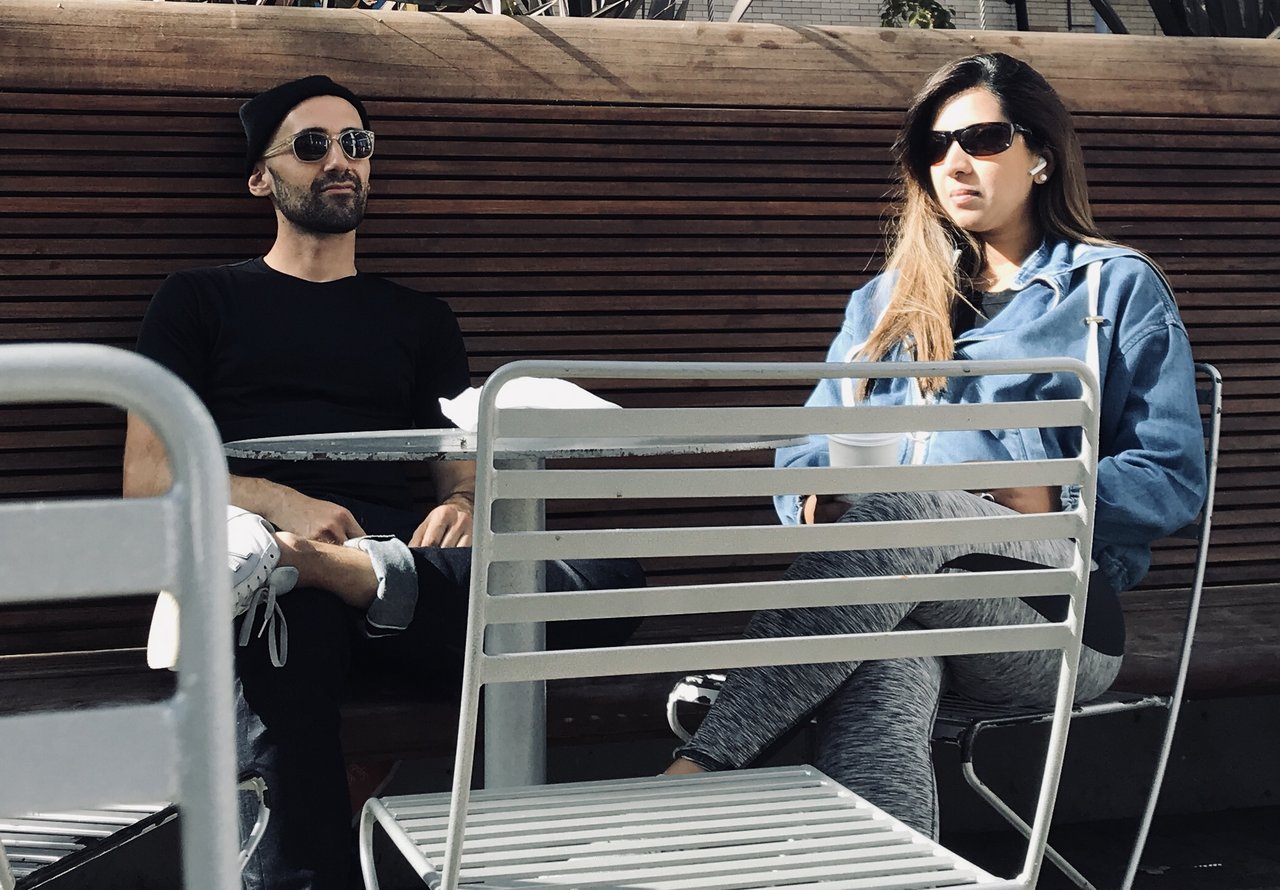How I'm staying youthful in my thirties
I'm a few months into my 35th year of life. And, in the past five years,
I've noticed a trend in my behavior and outlook toward more conservative
values. Where once I was the spry idealist, I've noticed myself recoiling
at the thought of change. The stakes are higher, or so they seem.
But are the stakes truly higher? Must we enter midlife with the sense that
the decisions we make matter more than they did when we were younger? And
does the idea of a "midlife crisis" represent a less-than-graceful attempt
to refute the idea of "growing up"?
Most people in their mid-thirties have children. I've always thought
children were interesting, but I'm still in no rush to have them. If you
don't have children, ironically, it's a lot easier to maintain your youth.
Children are expensive, stressful, and severely limit your mobility.
Most people in their thirties carry some sort of consumer debt. They're
burdened by the hastiness of their past financial decisions, and throw up
their arms, surrendering to "the way things are".
Generally, debt is the result of ever-increasing anxieties about one's
status in society. In order to be treated with respect, we think, we need
to look the part of someone worth respecting. And so, we buy the markers
of respect, not recognizing that the work of being respected lies mostly
in improving our behavior and demeanor rather than our material
possessions.
And finally, when we feel stuck, when the pressure to "succeed" becomes
suffocating, we cover up the difficult feelings of inadequacy with alcohol
and drugs. We allow our bodies to atrophe and soften. We "let ourselves
go".
Back in 2005, Steve Jobs gave a commencement address at
Stanford, where he quoted
the back cover of the final issue of the Whole Earth
Catalog:
Stay hungry. Stay foolish.
I remember watching his address on YouTube way back in 2005, way back when
I was a hungry, foolish twenty-year-old. And I remember thinking how
I would never allow the winds of a crazy world to blow me into a state
of fear and paralysis. I would always be hungry: For knowledge, for love,
for adventure. And I would always be foolish: Always curious, a dopey fool
in love with waking up in the morning, with an unwaivering faith.
But then, as my twenties progressed, I veered off course. I harbored deep
insecurities. I took high-paying jobs that offered me little in the way of
deeper meaning, and spent all my money on consumer purchases—the very
opposite of the ethos I had espoused in my college years. I drank.
I became so focused on my own petty problems that I couldn't see beyond
them.
And now, in my mid-thirties, I've been busy unravelling the horrible wet
blanket I knitted over myself. The blanket that looked like it kept me
warm but actually only made me shiver. A false security. A hollow
existence. I'm cultivating my beginner's mind—my sense of wonder,
curiosity, and courage.
When I inevitably feel the fear piercing through—when I'm confronted with
invasive thoughts about how I'm not enough, how I'm going to run out of
money, how I'm going to die alone—how I ought to "grow up", whatever that
means—I gently remind myself that I don't need to listen to that. Instead,
I breathe in that wonderful mantra: Stay hungry. Stay foolish.



